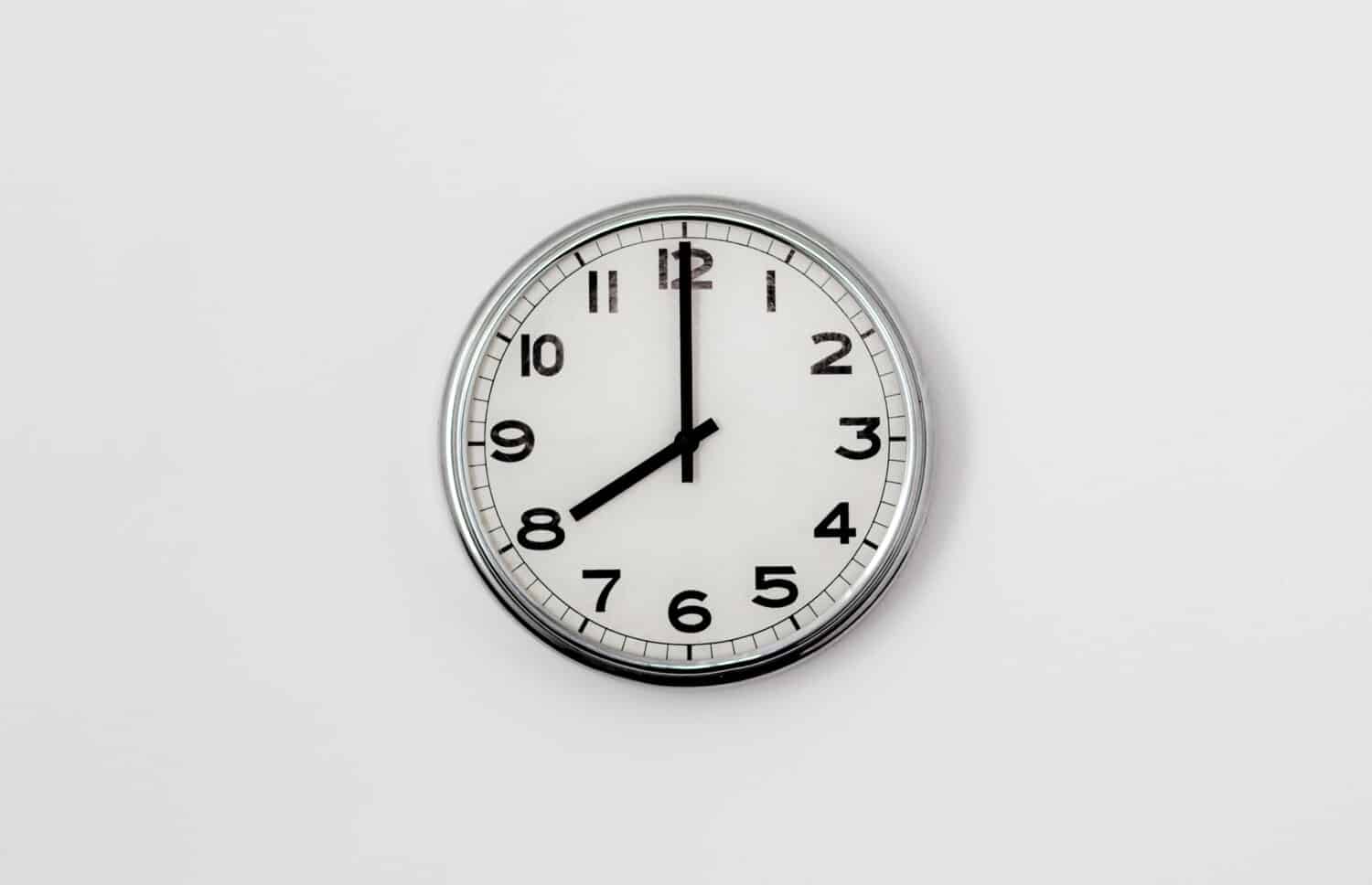































These Are My Favorite Strategies for a Smooth Morning Routine with Kids
When you have kids, it can be tough to get them out the door, especially when school begins. Things can get hectic rather quick, so you need a strategy. We're here to help with this guide to a smooth morning routine with kids.
This guide will include some of my favorite strategies. There are steps for keeping everything organized, keeping track of time, and getting your kids out of bed in the morning. Consider the steps below and remember to keep it simple. See what works for your family and stay consistent.
Why It's Important to Have a Smooth Morning Routine
If you're a new parent or you are considering growing your family, you may be wondering about the importance of a smooth morning routine with kids. The fact is that you need to have some kind of procedure to go through each morning for your own sanity. It's especially important when your kids start going to school. You need to get them out the door on time. When you have a schedule, you can ensure that everything goes smoothly so you can also get on with your day. Create your schedule early, so you're set when you really need it. Here are a few strategies to consider:
Keep It Simple
There will be a lot of recommended steps here for your child's morning routine. However, regardless of which aspects you include, remember to keep things simple, especially for younger kids. Don't complicate the process or your kids will inevitably forget a step. If they do, don't be too hard on them.
Lay Out Clothes the Night Before
The key to a smooth morning routine with kids is to start the night before. One way to do so is to talk with your kids in the evening about the clothes they'll wear the next day. Find their clothes and lay them all out near the bed. This is a big step that you can skip in the morning. If you have kids, you know how indecisive they can be about their clothes, so this is a must.
Pack Their Backpack the Evening Before
Another essential step to take the night before is to get your child's backpack in order. Talk to your child about what classes they have and pack their books. Also, ask them about any homework assignments they may have forgotten about. Get them done and out of the way.
Shower or Bathe the Night Before
This step may differ for each family. Some people like to bathe the night before, while others like to bathe when they wake up. However, if you want to have a smooth morning routine with kids, consider bathing the night before. That way, the kids can get out of bed and move on to the next steps of the morning routine. The bathing routine can sometimes take a while so it's good to get this out of the way.
Get to Bed Earlier
It's essential that you and your child get enough sleep at night. If you're not getting enough sleep, then there's a good chance that you won't wake up on time. If you find that you're struggling, then make bedtime a few minutes earlier. It can make a world of difference.
Wake Up Early
If you have a morning routine but you find that you're still running out of time, you may need to wake up earlier than usual. It may seem easier said than done, but it may be necessary. Even setting the alarm five minutes earlier could make a big difference. Your child will likely be cranky when you start this new wake-up time, but they'll be okay eventually.
Make Waking Up Less Jarring
Think about how you wake up your kids in the morning. A loud alarm can be a bit jarring and can make your child upset.So can shaking them awake. Instead, make the wake-up process more relaxing by changing the alarm to a soothing song or waking the kiddos up with some warm snuggles. It's a great way to start the day.
Get Them in the Bathroom
In the morning, once your child is up and out of bed, get them into the bathroom so they can get that part of the process over with. Part of the procedure may be washing their face, brushing their teeth, combing their hair, or any number of things. Get it done and move on with the routine.
Keep Everything In Its Space
Another essential key to a smooth morning routine with kids is to keep everything in a certain place so you know where to get it. That means also putting things away when you're done. Keep the coat in the closet, the backpack near the door, and the homework in the bag the night before. You may need to put items in labeled containers so you always have what you need.
Put Clocks Everywhere
Sometimes, the simplest explanation is the easiest. For example, if you want to know that you're on time during your morning routine, then put clocks everywhere. Have a clock in your child's room, in the bathroom, and in the kitchen. That way, you can keep on track and get everything done.
Listen to Upbeat Music
While you're going through your morning routine, consider playing some upbeat music that is suitable for children. Music has a great way of energizing people and getting them excited, and it could be just what your kids need to be motivated to get out the door. Even playing it in the background can do the trick.
Share Positive Thoughts of the Day
A final great way to set yourself and your kids up for the day is to share some positive thoughts and things you're grateful for. You can do this on your way out the door or even in the car on the way to school. Your kid can repeat phrases like "I am brave" and "I can do anything." It's a great way to set your kids up for success in class. When your kids wake up, ask them to say something that they're grateful for, like that they're healthy or that they get to learn something exciting at school.
Create a Checklist
Once you've created a smooth morning routine with kids, take all of the steps you want to follow and turn them into a checklist. Hang it up so that both you and your kids can see it so everyone is aware of what is expected. Consider adding it onto a dry-erase board so you can check off each step. Then, when you're done, you can clean it off and have it ready for the next day.
Reward Your Child
When your child successfully goes through the morning routine, consider providing them with a reward. It could be an extra snack at breakfast or the promise of playing a game after school. You don't have to reward them every day, but by showing that they did a good job, they'll be likely to be successful again tomorrow.